US presidential election 2024: Who are the candidates?
- By Reuters -
- Feb 25, 2024

Republican former President Donald Trump and former UN Ambassador Nikki Haley are competing to be their party’s presidential nominee for the 2024 general election, while President Joe Biden is effectively the Democratic Party’s nominee. Several third-party hopefuls are also running.
Here is a list of the candidates.
Donald Trump
Trump has leveraged his civil cases and indictments in four criminal cases – unprecedented for a former American president – to boost his popularity among Republicans and raise funds, helping to make him the Republican frontrunner with 64%, according to Reuters/Ipsos polling.
He scored victories in the early nominating contests of Iowa, New Hampshire and Nevada, and is pushing to replace Republican National Committee leadership with his own top allies ahead of the party’s July nominating convention.
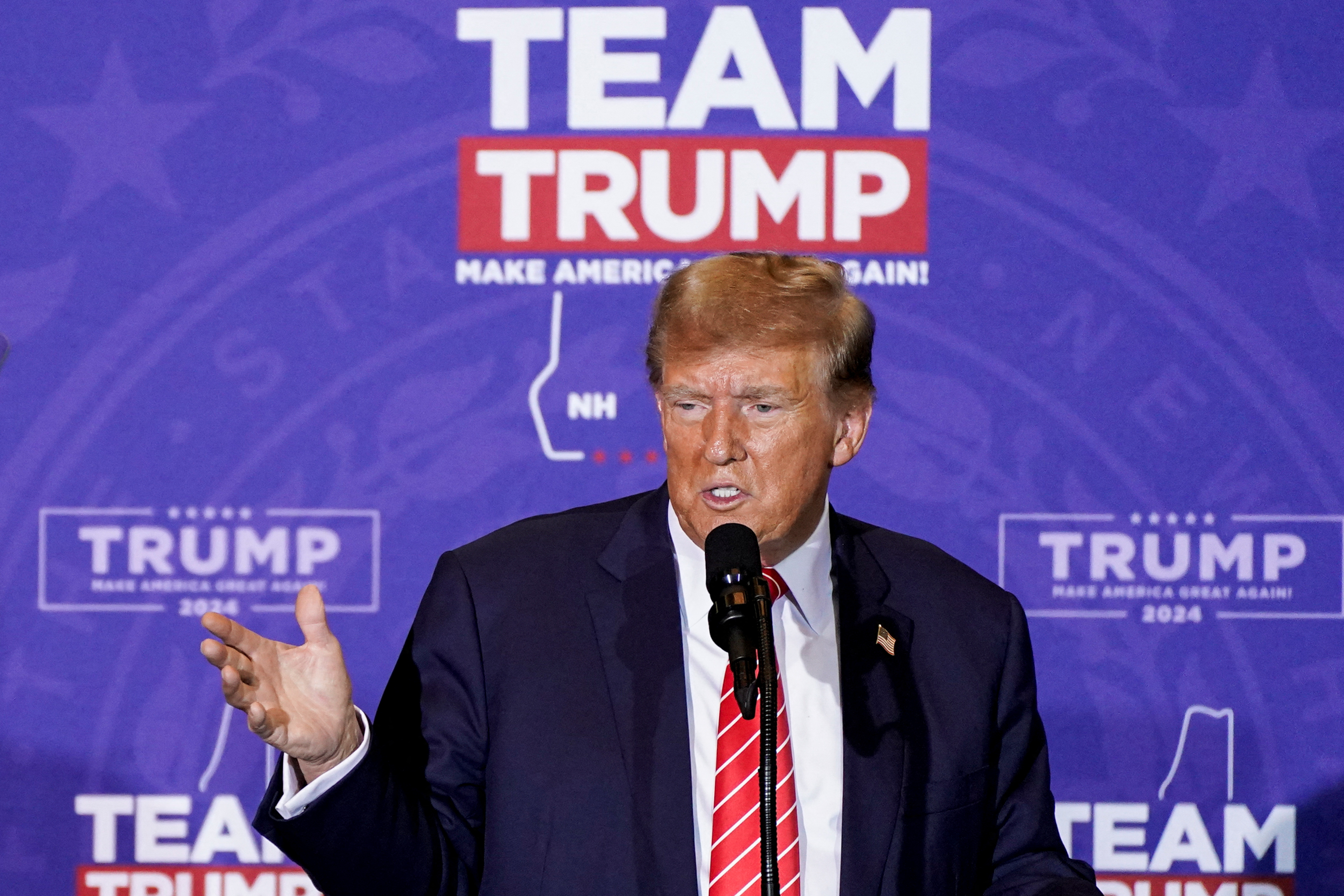
Trump, 77, has called the indictments a political witch hunt to thwart his pursuit of a second four-year term, an assertion that the Justice Department has denied. Several legal challenges have reached the U.S. Supreme Court regarding his eligibility for the ballot following the Jan. 6 attack on the U.S. Capitol and whether he can claim presidential immunity.
If elected again, Trump has vowed revenge against his perceived enemies and has adopted increasingly authoritarian language, including saying he would not be a dictator except “on day one.”
He has promised other sweeping changes, including gutting the federal civil service to install loyalists and imposing tougher immigration policies such as mass deportations and ending birthright citizenship.
He has also promised to eliminate Obamacare health insurance, vowed harsher curbs on trade with China and suggested he would not defend NATO allies.
Nikki Haley
A former South Carolina governor and Trump’s ambassador to the United Nations, Haley, 52, has emphasized her relative youth compared to Biden, 81, and Trump, as well as her background as the daughter of Indian immigrants.
She had gained a reputation in the Republican Party as a solid conservative who could address issues of gender and race in a more credible fashion than many of her peers. But Trump has increasingly targeted her, lobbing racist attacks at her ethnicity and amplifying false claims about her eligibility for the White House despite her birth in South Carolina.

Haley, who drew 19% support among Republicans in the Reuters/Ipsos survey, has sharpened her attacks on Trump following New Hampshire’s Jan. 23 contest and raised $1 million after Trump threatened her donors.
She has also pitched herself as a stalwart defender of American interests abroad, citing Trump’s praise of dictators, and ramped up her argument that Trump is too chaotic and divisive to be effective.
She has suggested she will stay in the race past the Feb. 24 primary in her home state, where opinion polls show she trails Trump, and her campaign has blasted Trump’s proposed RNC changes, saying the political party should be overhauled and its finances audited.
Democratic Party
Joe Biden
Biden, 81, already the oldest US president ever, will have to convince voters he has the stamina for another four years in office, amid poor approval ratings and a special counsel report suggesting he suffered memory lapses.
Biden has blasted the report, and his allies say he believes he is the only Democratic candidate who can defeat Trump and protect democracy. The most recent Reuters/Ipsos poll put Biden at 34%, while Trump garnered 37% — close to the 2.9 percentage-point margin of error.
In announcing his candidacy, Biden declared he needed to defend American liberties and pointed to the deadly Jan 6, 2021, attack on the US Capitol by Trump supporters. Vice President Kamala Harris is again his running mate.
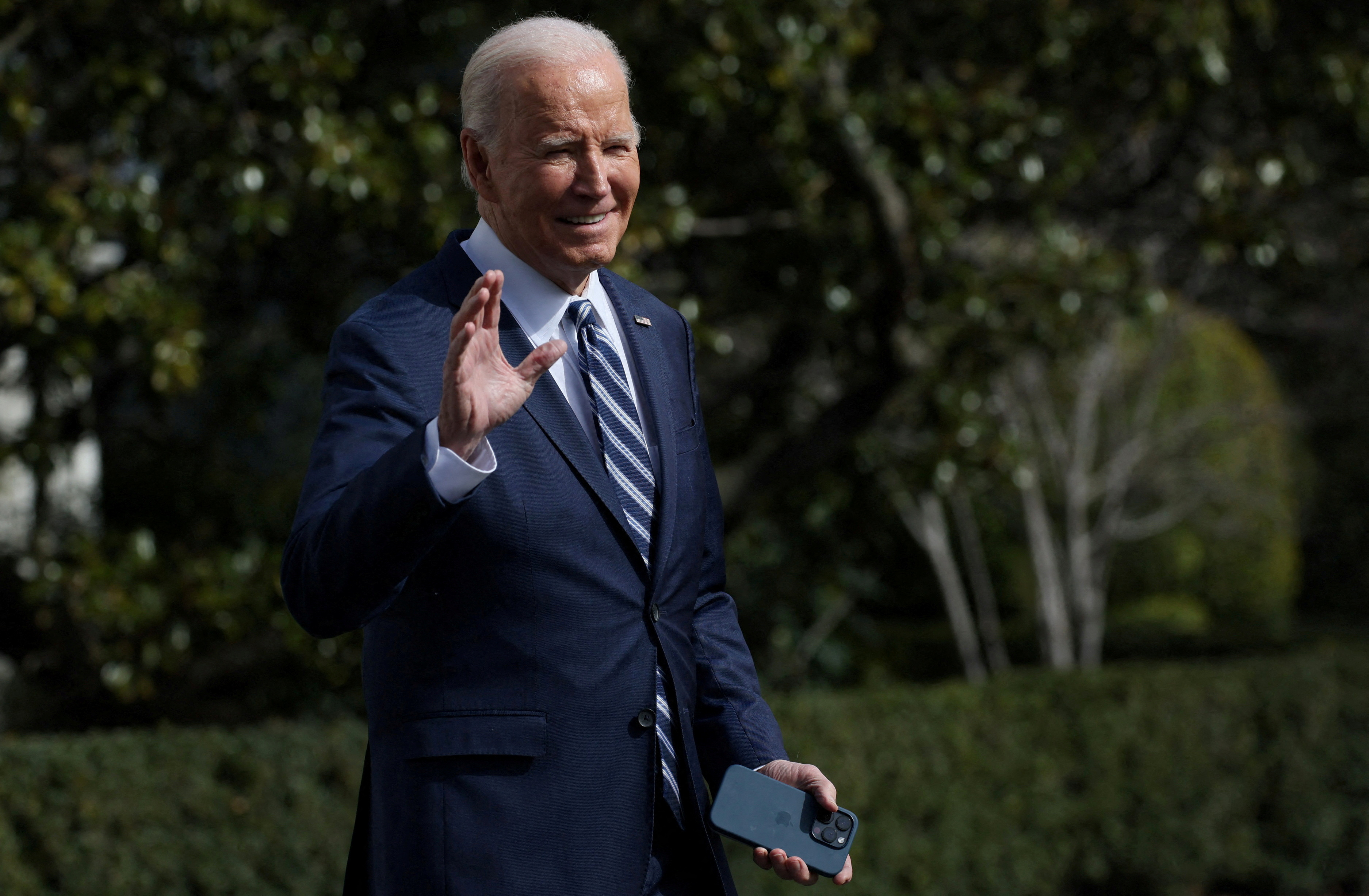
The economy will also factor in his reelection campaign. While the US escaped an anticipated recession and is growing faster than economists expected, inflation hit 40-year highs in 2022 and the cost of essentials is weighing on voters.
Biden pushed through massive economic stimulus and infrastructure spending packages to boost U.S. industrial output, but he has received little recognition from voters for the latter.
Biden has led the response of Western governments to Russia’s invasion of Ukraine, persuading allies to sanction Russia and support Kyiv, and he has been supportive of Israel in its conflict with Palestinian group Hamas in Gaza while pushing for more humanitarian aid.
However, he has faced sharp criticism from some fellow Democrats for not backing a ceasefire in the Palestinian territory, where Gaza health officials say more than 28,400 people have been killed, thousands of buildings have been damaged or destroyed, and residents have insufficient food, water and medical supplies.
Biden’s handling of immigration policy has also been criticized by Republicans and Democrats as migrant crossings at the US-Mexico border hit record highs during his administration.
In the Democratic Party’s presidential nominating contests, Biden has easily won in New Hampshire, South Carolina and Nevada.
Dean Phillips
Dean Phillips, a little-known US congressman from Minnesota, announced in October he would mount a long-shot challenge to Biden because he does not believe the president can win another term.
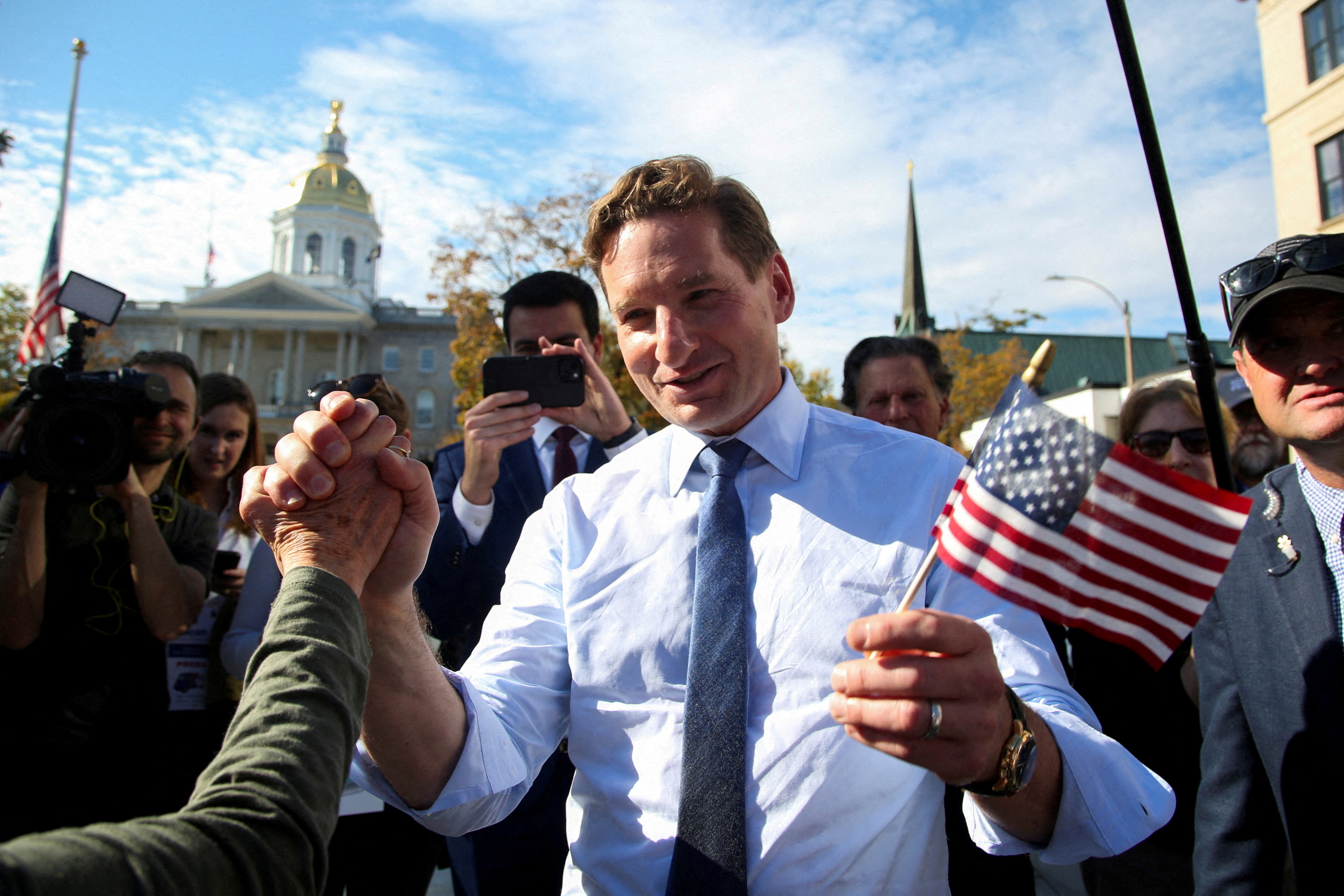
The 55-year-old millionaire businessman and gelato company co-founder announced his bid in a one-minute video posted online, saying: “We’ve got some challenges. … We’re going to repair this economy, and we are going to repair America.”
Phillips failed to win any delegates in South Carolina and took second place in New Hampshire. He did not appear on the Nevada ballot.
Independents
Robbert F. Kennedy JR
An anti-vaccine activist, Kennedy, 70, is running as an independent after initially challenging Biden for the Democratic nomination, but he is far behind in polling.
Some recent Reuters/Ipsos polls showed Kennedy could harm Biden more than Trump in the presidential election, where third-party candidates have affected the outcome of U.S. elections even without winning. Trump’s six-percentage point lead over Biden in Reuters/Ipsos polling held even when respondents had the option of voting for third-party candidates, including Kennedy, whose support stood at 8%.
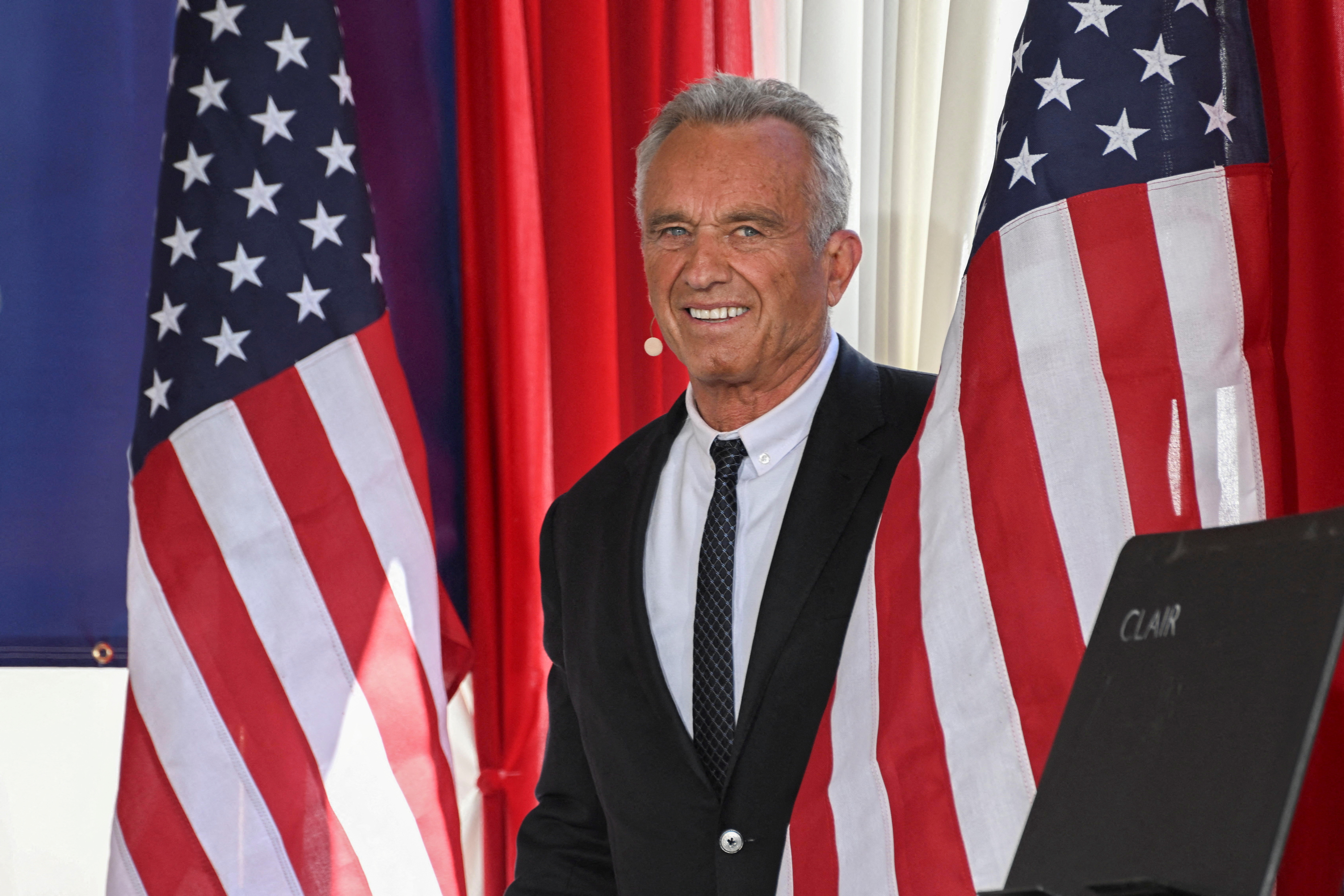
Kennedy is the son of U.S. Senator Robert F. Kennedy, who was assassinated in 1968 during his own presidential bid. A surprise Super Bowl ad heavily featuring his connection to his uncle, former President John F. Kennedy, angered his family members and prompted him to apologize.
He was banned from Instagram for spreading misinformation about vaccines and the COVID-19 pandemic but was later reinstated. He also lost a legal bid to force YouTube owner Google to reinstate videos of him questioning the safety of COVID vaccines.
Cornel West
The political activist, philosopher and academic said in June he would launch a third-party bid for president that is likely to appeal to progressive, Democratic-leaning voters.
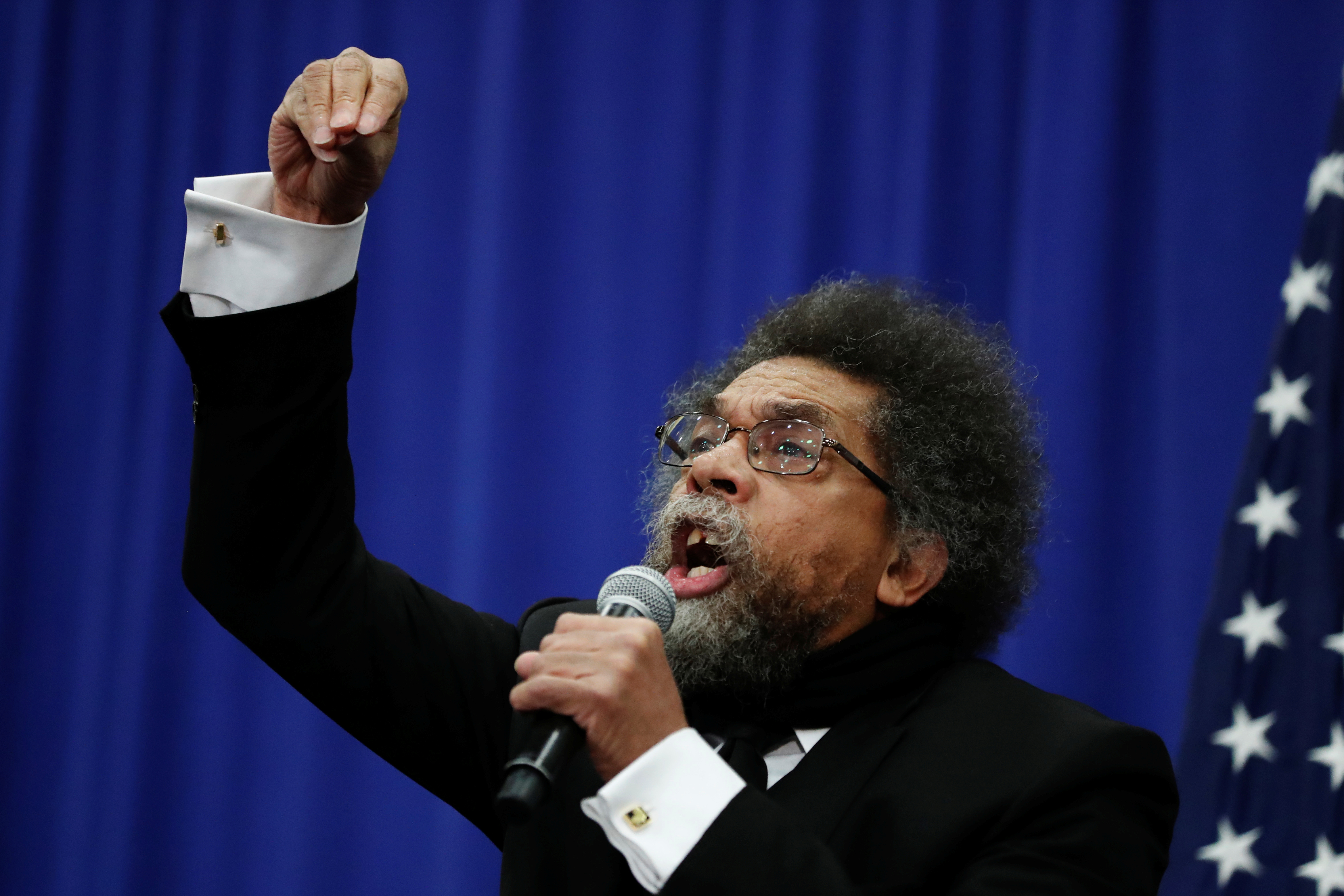
West, 70, initially ran as a Green Party candidate, but in October he said people “want good policies over partisan politics” and announced his bid as an independent. He has promised to end poverty and guarantee housing.
Jill Stein
Jill Stein, a physician, re-upped her 2016 Green Party bid on Nov. 9, accusing Democrats of betraying their promises “for working people, youth and the climate again and again – while Republicans don’t even make such promises in the first place.”

Stein, 73, raised millions of dollars for recounts after Trump’s surprise 2016 victory. Her allegations yielded only one electoral review in Wisconsin, which showed Trump had won.
